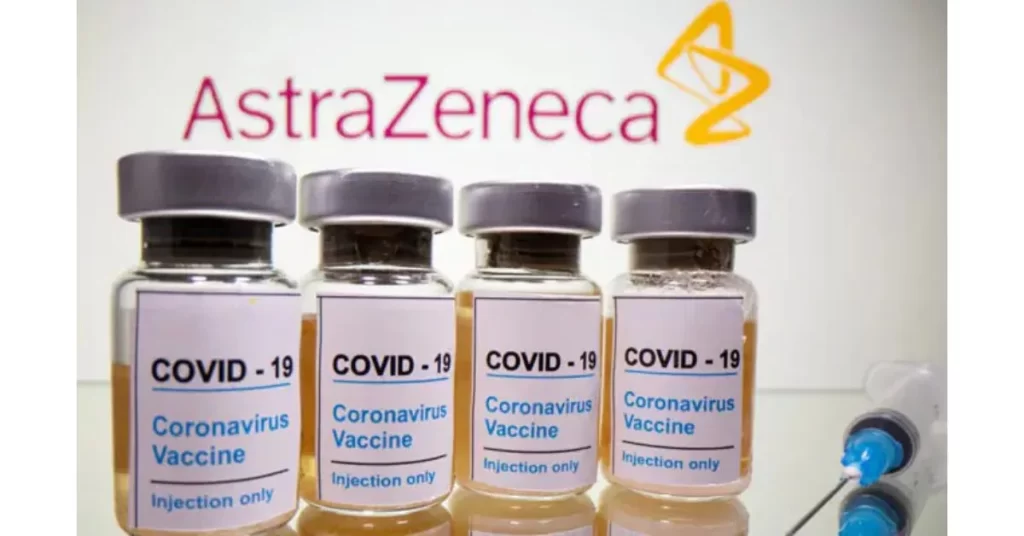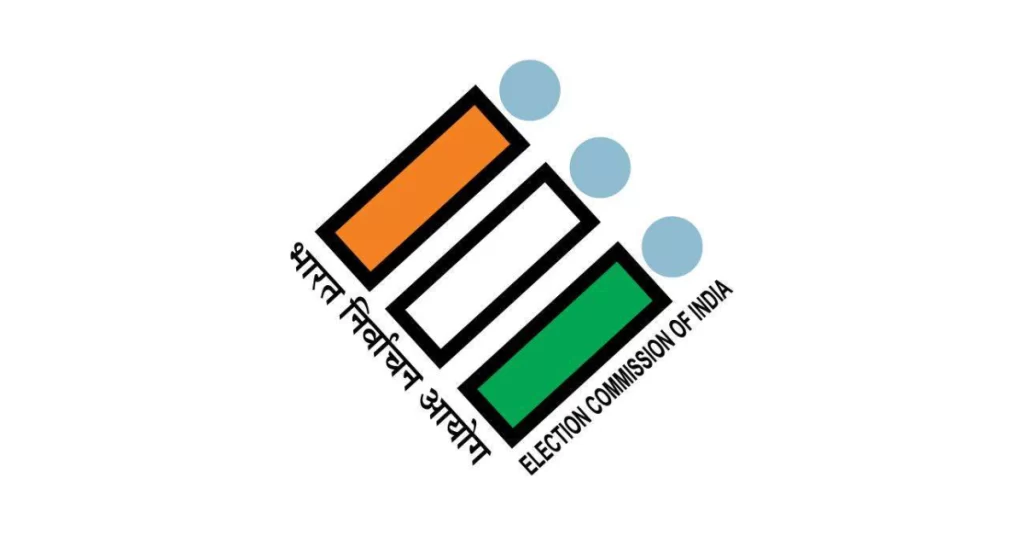It has been acknowledged by global pharmaceutical giant AstraZeneca that its AZD1222 vaccine, produced under license in India as Covishield, may lead to low platelet counts and the formation of blood clots in “very rare” instances. A link between the vaccine and Thrombosis with Thrombocytopenia Syndrome (TTS), characterized by abnormally low platelet levels and blood clotting, has been accepted by AstraZeneca. During the pandemic, AstraZeneca’s vaccine formula was licensed to Serum Institute of India (SII) in Pune for the production of Covishield, with more than 175 crore doses of Covishield administered in India.
Covishield Vaccine:
The Oxford–AstraZeneca COVID‑19 vaccine, marketed as Covishield and Vaxzevria among other names, is a viral vector vaccine developed for the prevention of COVID-19. Developed in the United Kingdom by Oxford University and British-Swedish company AstraZeneca, it utilizes the modified chimpanzee adenovirus ChAdOx1 as a vector. Administered via intramuscular injection, studies conducted in 2020 revealed that the vaccine has an efficacy of 76.0% in preventing symptomatic COVID-19 starting 22 days after the first dose and 81.3% after the second dose.
What did Astrazeneca say?

In court documents related to a lawsuit filed against AstraZeneca in the United Kingdom, discussions about Thrombosis with Thrombocytopenia Syndrome (TTS) were mentioned. The lawsuit pertains to health claims associated with the COVID-19 vaccine developed by AstraZeneca in partnership with the University of Oxford during the 2020 pandemic. According to recent reports by The Telegraph, the lawsuit was initiated by Jamie Scott, a father of two who suffered permanent brain injury after receiving the vaccine in April 2021, resulting from a blood clot and brain bleed. The court documents indicate that a total of fifty-one cases have been filed in the UK High Court, with claimants seeking damages of up to £100 million. AstraZeneca, in documents from February, denied that the vaccine causes TTS at a general level but acknowledged the potential for TTS in “very rare cases” following its vaccination.
What is TTS?
- Thrombosis with thrombocytopenia syndrome (TTS) is a very rare syndrome. It occurs when a person has blood clots (thrombosis) together with a low platelet count (thrombocytopenia). It’s also referred to as ‘vaccine-induced immune thrombotic thrombocytopenia’ (VITT).
- Thrombosis is the formation of a blood clot, which can reduce normal blood flow in an affected blood vessel.
- Thrombocytopenia is a condition where there aren’t enough platelets in the blood. Platelets normally help the blood to clot (clump), which stops you from bleeding excessively (for example, if you cut yourself).

What are the symptoms and side effects of vaccine?
In 2022, the UK government published an article in public awareness mentioning the possible symptoms of the Covishield Vaccine. Here is the necessary information about the symptoms and side effects caused by the Covishield vaccine jab, from the same article.
Common symptoms:
- Tenderness, pain, warmth, itching, or bruising may be experienced at the injection site, which can affect more than 1 in 10 people.
- Feeling generally unwell and fatigue may be reported.
- Chills or a feverish feeling may occur.
- Headache and nausea may be felt.
- Joint pain or muscle ache may be observed.
- Swelling, redness, or a lump at the injection site may occur, which can affect up to 1 in 10 people.
- Fever (≥38°C) may develop.
- Vomiting or diarrhea may be experienced.
- Pain in the legs or arms may be present.
- Flu-like symptoms, including high temperature, sore throat, runny nose, cough, and chills, may be observed.
- Physical weakness or lack of energy may be reported.
- Some individuals have reported a sudden feeling of cold with shivering or shaking, accompanied by a rise in temperature, possibly with sweating, headache (including migraine-like headaches), nausea, muscle aches, and feeling unwell, starting within a day of receiving the vaccine and usually lasting for a day or two.
If a high fever persists for longer than two or three days, or if other persistent symptoms are experienced, it is advised to seek appropriate advice according to the symptoms.
Uncommon (may affect up to 1 in 100 people)
- Sleepiness, dizziness, or deep unresponsiveness and inactivity may be experienced.
- Appetite may be decreased.
- Abdominal pain may be felt.
- Lymph nodes may become enlarged.
- Excessive sweating, itchy skin, rash, or hives may be observed.
- Muscle spasms may occur.
Rare (may affect up to 1 in 1,000 people)
- One-sided facial drooping
Very rare (may affect up to 1 in 10,000 people)
- Extremely rare reports of blood clots occurring in combination with low blood platelet levels have been observed following widespread use of the vaccine. When these blood clots occur, they may manifest in unusual or atypical locations (e.g., brain, liver, bowel, spleen).
- Serious nerve inflammation, which may result in paralysis and difficulty breathing (Guillain-Barré syndrome [GBS]), has been documented.
In clinical trials, very rare events associated with inflammation of the nervous system, resulting in numbness, pins and needles sensation, and/or loss of feeling, were reported. However, it has not been confirmed whether these events were due to the vaccine.
Incidents of blood clot reported in India.

In May 2021, it was announced by the Indian government that 26 potential thromboembolic events, indicating the formation of clots in blood vessels, had been reported since the administration of Covishield commenced. Commencing vaccine administration on January 16, 2021, the total number of doses administered until that time translated to 0.61 cases per million doses or 0.000061% of the total. More recent data from the government’s committee on Adverse Events Following Immunization (AEFI) revealed that at least 36 cases of TTS had been vetted and confirmed as being caused by Covishield. The committee’s last public report, issued in June of the previous year, indicated 18 reported deaths among these cases. Almost all TTS cases were reported in 2021, the inaugural year of Covid-19 vaccination in the nation. The possibility of adverse events was termed “minuscule” by the Union Health Ministry, which emphasized Covishield’s “definite positive benefit-risk profile” and its potential to prevent infections and reduce Covid-19-related fatalities. Concerning Covaxin, India’s indigenous vaccine manufactured by Bharat Biotech, the Ministry stated that “no potential thromboembolic events” had been reported. Additionally, the Ministry highlighted scientific literature indicating a nearly 70% lower risk of blood clotting in individuals of South and Southeast Asian descent compared to those of European descent. In 2023, the WHO incorporated vaccine-induced immune thrombotic thrombocytopenia (VITT) into its classification of TTS.
In conclusion, it was ensured that the vaccination was not concealed. A report had already been published by the company, outlining the potential symptoms of blood clots for individuals with low platelet levels in their blood. There is no need for people to worry or panic about blood clotting at present, as these symptoms would have manifested in them within 4 weeks of receiving the jab.




